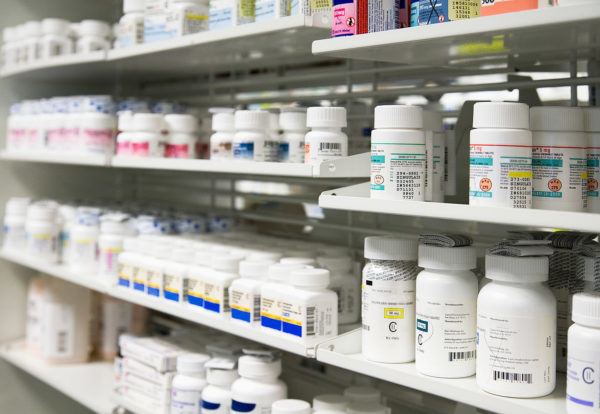
At-home DNA testing company 23andMe has created its first in-house drug, developed using its customers’ genetic data.
Last week, 23andMe licensed a drug compound meant to target skin conditions like psoriasis to Spanish pharmaceutical company Almirall, according to Bloomberg.
The drug has undergone animal testing and will need to go through clinical trials, after which Almirall will have the rights to sell it on the market, according to a press release.
“This is a seminal moment for 23andMe,” Emily Drabant Conley, vice president of business development, told the outlet. “We’ve now gone from database to discovery to developing a drug.”
She added: “We had this hypothesis five years ago that we could leverage our genetic data set to develop better drugs, and now we’re seeing this come to fruition.”
The company — which has serviced more than 10 million users with its ancestry testing kits — compiles DNA data from customers who consent to the research component of its terms of service.
RELATED: Struggling Care Worker Becomes Lord of $60 Million English Estate After DNA Test Proves He’s Heir
Pharmacy
Getty
Customers who want to know whether they have opted into the data sharing can take steps outlined by Popular Mechanics, which also noted that 23andMe doesn’t share identifying information alongside data. Instead, the company compiles overall summaries.
“Aggregate data is data from multiple users that has been combined to minimize the possibility of exposing individual-level information,” reads the company’s official website.
People may opt out of the research consent at any time, and that decision doesn’t affect their ancestral services. The company’s privacy policy further explains how it disseminates data from the saliva-drawn DNA samples.
Never miss a story — sign up for PEOPLE’s free daily newsletter to stay up-to-date on the best of what PEOPLE has to offer, from juicy celebrity news to compelling human interest stories
23andMe
RELATED: We Tried It: DNA Testing Kit 23andMe — and You’ll Never Guess What We Found Out!
Although 23andMe does not share “individual-level genetic data or survey responses” with third parties without getting consent from customers, it can still include anyone’s data in summaries to groups that won’t publicly release the contents.
“Regardless of your consent status, we may also include your data in aggregate data that we disclose to third-party research partners who will not publish that information in a scientific journal,” the 23andMe website specifies.
23andMe — along with other popular at-home genealogy tests like Ancestry and MyHeritage — generates results in six to eight weeks for users who mail in saliva samples. The findings provide insights into health as well as family lineage.












